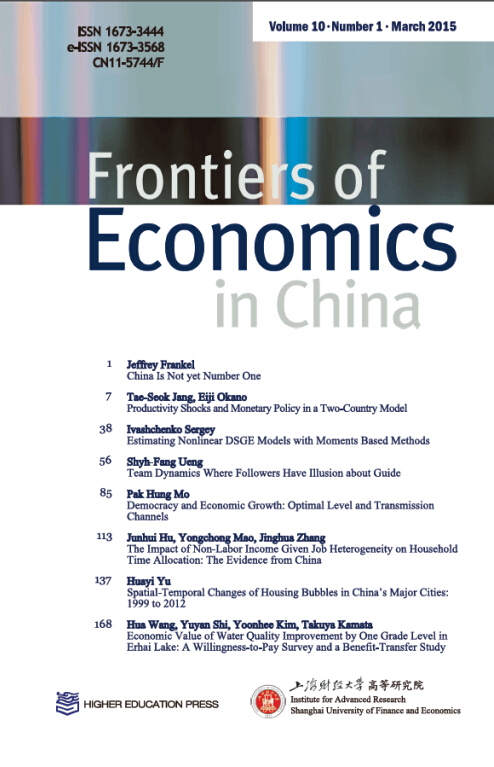Time Reallocation and the Cost and Benefit of School Closures during an Epidemic
IF 1.5
4区 经济学
Q2 ECONOMICS
引用次数: 3
Abstract
School closures are an important public health intervention during epidemics. Yet, the existing estimates of policy costs and benefits overlook the impact of human behavior and labor market conditions. We use an integrated assessment framework to quantify the public health benefits and the economic costs of school closures based on activity patterns derived from the American Time-Use Survey (ATUS) for a pandemic like COVID-19. We develop a policy decision framework based on marginal benefits and costs to estimate the optimal school closure duration. The results suggest that the optimal school closure depends on how people reallocate their time when schools are closed. Widespread social distancing behavior implemented early and for a long duration can delay the epidemic for years, buying time for the development of pharmaceutical interventions and yielding substantial net benefits. Conversely, school closure, with behavior targeted to adjust only to the school closure, is unlikely to provide substantial delay or sufficient net benefits to justify closing schools for pathogen control.流行病期间学校关闭的时间重新分配和成本与收益
学校停课是流行病期间的一项重要公共卫生干预措施。然而,现有的政策成本和收益估计忽略了人类行为和劳动力市场条件的影响。我们使用综合评估框架,根据新冠肺炎等流行病的美国时间使用调查(ATUS)得出的活动模式,量化学校关闭的公共卫生效益和经济成本。我们制定了一个基于边际收益和成本的政策决策框架,以估计最佳学校关闭时间。研究结果表明,最佳的学校关闭取决于人们在学校关闭时如何重新分配时间。早期和长期实施的广泛社交距离行为可以将疫情推迟数年,为药物干预的发展争取时间,并产生巨大的净效益。相反,学校关闭,其行为只针对学校关闭进行调整,不太可能提供实质性的延迟或足够的净收益来证明关闭学校以控制病原体是合理的。
本文章由计算机程序翻译,如有差异,请以英文原文为准。
求助全文
约1分钟内获得全文
求助全文
来源期刊

Frontiers of Economics in China
ECONOMICS-
CiteScore
1.20
自引率
0.00%
发文量
373
期刊介绍:
Frontiers of Economics in China seeks to provide a forum for a broad blend of peer-reviewed academic papers of economics in order to promote communication and exchanges between economists in China and abroad. It will reflect the enormous advances that are currently being made in China in the field of economy and society. In addition, this journal also bears the mission of introducing the academic achievements on Chinese economics research to the world.
 求助内容:
求助内容: 应助结果提醒方式:
应助结果提醒方式:


